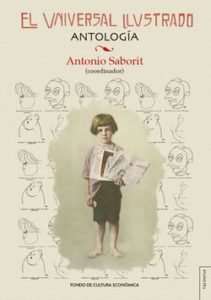La brújula sonora. La radiodifusión ecuatoriana en el Siglo XXI. Edmundo Armando Grijalva Brito (Coord.) (2019)
+ info: Ediciones Universitarias Universidad Politécnica Salesiana Quito, Abya Yala, 2019 Los textos sobre la historia, evolución e incidencia de la … Leer más










